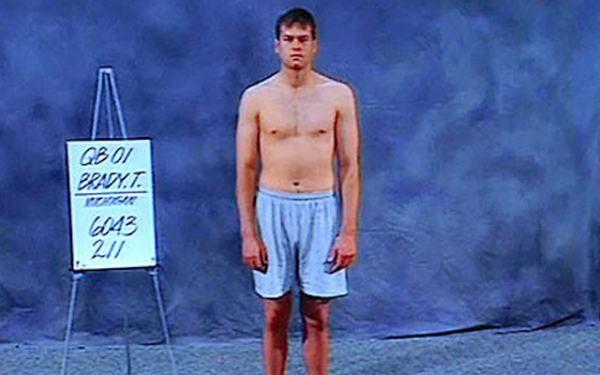I believe in setting high standards and committing to achieving them. A big part of success is knowing that you can do anything you commit to … and then all you have to do is honor your commitment and continue to make progress. As long as you don't stop … the rest takes care of itself.
Said another way, resilience is the ability to recover from or adjust to misfortune or change, whereas grit is the passion and perseverance for long-term goals. Sure, you will encounter errors, injuries, setbacks, competition, bad luck, and other practical realities of life. But, together, resilience and grit make almost anything possible.
Bottom line, if you want success of any kind, you have to be comfortable being uncomfortable.
When I was in high school, I was a state champion shot-putter. The first time I got that title was during my junior year. After winning, I watched my dad run down from the stands. I figured he was coming down to celebrate. Instead, he looked deeply into my eyes and asked whether I was disappointed? I replied: "But Dad, I won!" He nodded and said he knew – but reminded me that I did not throw a personal best that day. He recognized that winning was important too … Then he reminded me that the other throwers were not the real competition.
Going into my senior year, I had a multi-season undefeated streak. However, I tore a tendon in my throwing hand at the end of the indoor track season where I won State again. Fast forward to the first meet of the outdoor season … and I was on the sidelines with a cast on my hand. A local reporter came up to me and asked how it felt to lose my unbeaten streak. I was confused. I wasn't losing … I just wasn't competing.
But, the concept gnawed at me.
Ultimately, I cut the cast off my hand and tried unsuccessfully to wrap it tight enough that it didn't hurt. When that didn't work, I slammed my hand against the floor until it was numb … I threw once and managed to win. It got easier from there, and I ended the year undefeated.
I think part of it is in my DNA. My father and grandfather were both athletes. My dad played football at Temple University (on the same team as Bill Cosby). He thought he would continue playing with the Philadelphia Eagles, but his career was cut short by a car accident before tryouts. And my grandfather was a professional wrestler named the Green Hornet,
Here is a picture of us together.
 Three Generations of Getsons
Three Generations of Getsons
My youngest son, Zach, was just selected to represent the USA in rugby in the Maccabi Games this July. This selection comes after 3 ACL surgeries and countless other injuries. And he's doing it in a sport with no pads at the ripe old age of 29.

I continue to watch him get better at the game, despite adversity and what I like to call a "burst of slowness".
He's currently raising money for his trip. If you'd like to support his journey to represent the USA, you can learn more and do so here.
Despite our family's relative "accolades" in sports, we're not the fastest or most athletic people.
My dad used to joke that our people were meant to own the teams, not play for them.
So, despite the lack of raw athleticism, what drives us to success? I believe the answer is mindset.
The Secret To Success
Your mindset is a set of beliefs that shape how you make sense of the world and yourself. It influences how you think, feel, and behave in any given situation.
My family jokes that my first complete sentence was "It's my way, and you're in it." Meanwhile, I also believe that "the game isn't over until I win." Combine those beliefs … and it explains why my feet would still be moving toward my goals even if you shot me in the head.
Likewise, my son has continued to reach new heights in rugby because he's stayed committed and hard-working long after most of his more athletic peers gave up.
Life is not a sprint; it's a marathon.
How long can you put more effort in, and how many times can you fail without giving up? The answer is as long as you choose!
The habits and lessons of resilience and grit serve well in sports, business, and life.
Too many give up right before they win.
Frankly, too many people stop at the beginning. But you will likely suck at something before you are okay at it. Likewise, you have to be okay before you can be good. Then you have to be good before you can be great!
It takes time and energy to separate yourself from the pack.
My father taught me that most people's lives are defined by their minimum standards. Why? Because once those standards get met, it is easy to get distracted by other things and how to meet the minimum standards for them as well.
Here is something else worth sharing; it was one of his favorite sayings. "The difference between good and great is infinitesimal." People who are good take advantage of opportunities; people who are great create them.
The secret to "better" is to set higher standards and commit to achieve them.
It is really quite simple.
- Set big goals and high standards
- Plan how to get there
- Never stop moving
- Never give up
If you follow those rules, it's hard not to succeed.

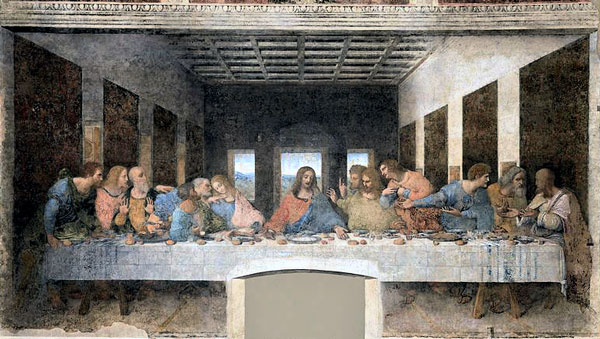

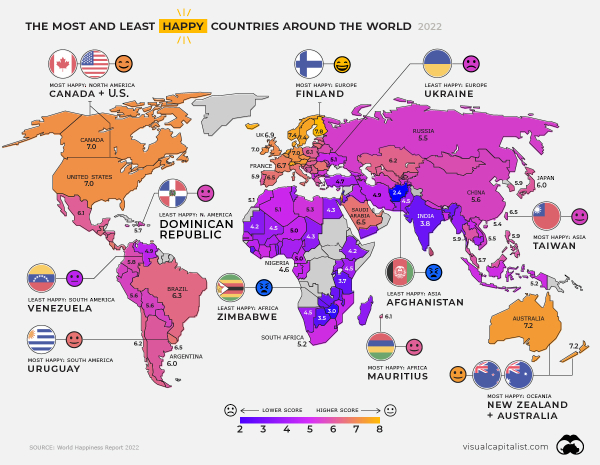 via visualcapitalist
via visualcapitalist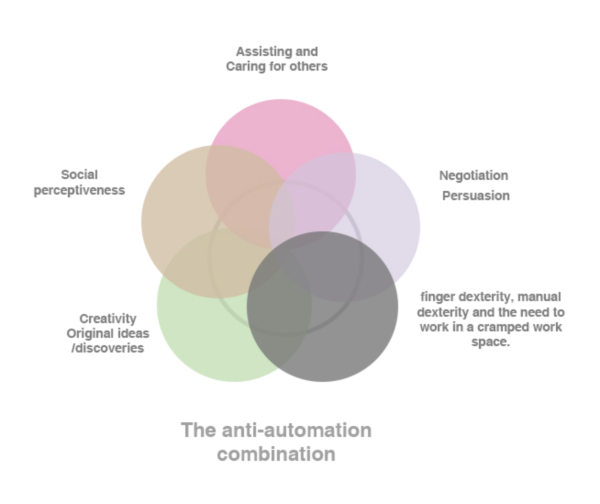
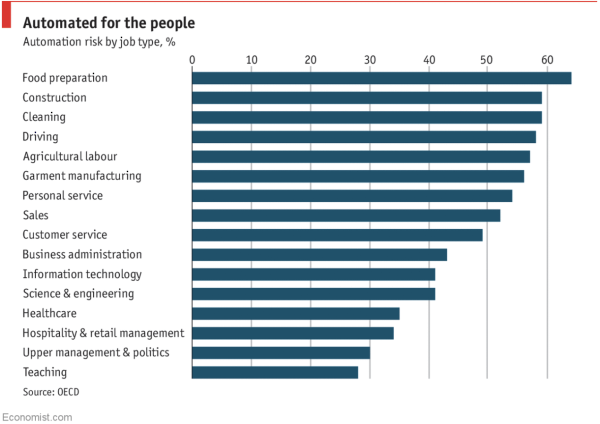
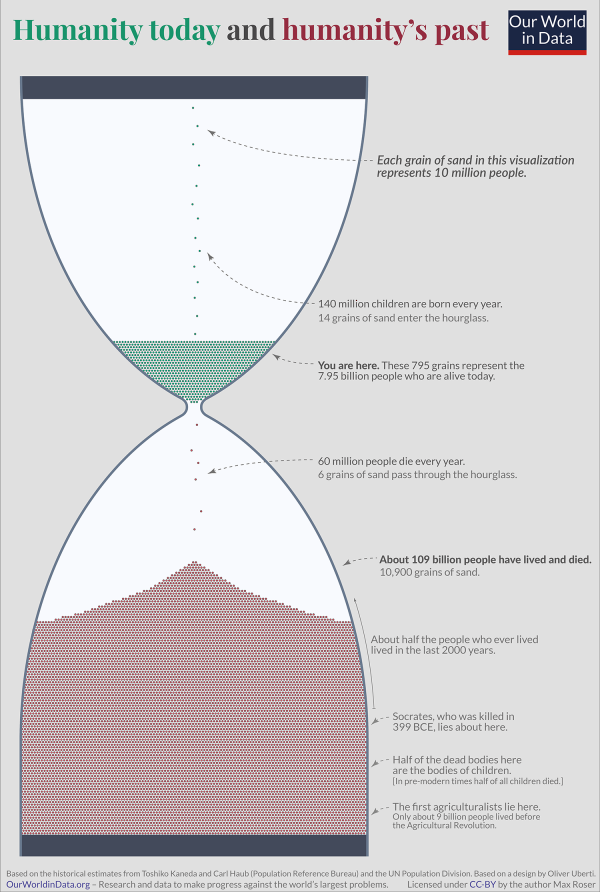 via
via 
 via
via  Three Generations of Getsons
Three Generations of Getsons


